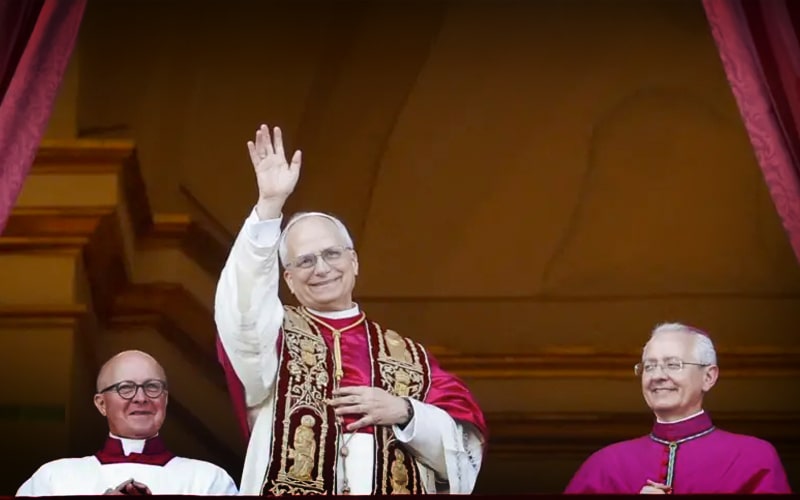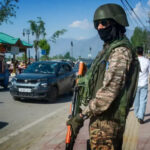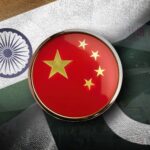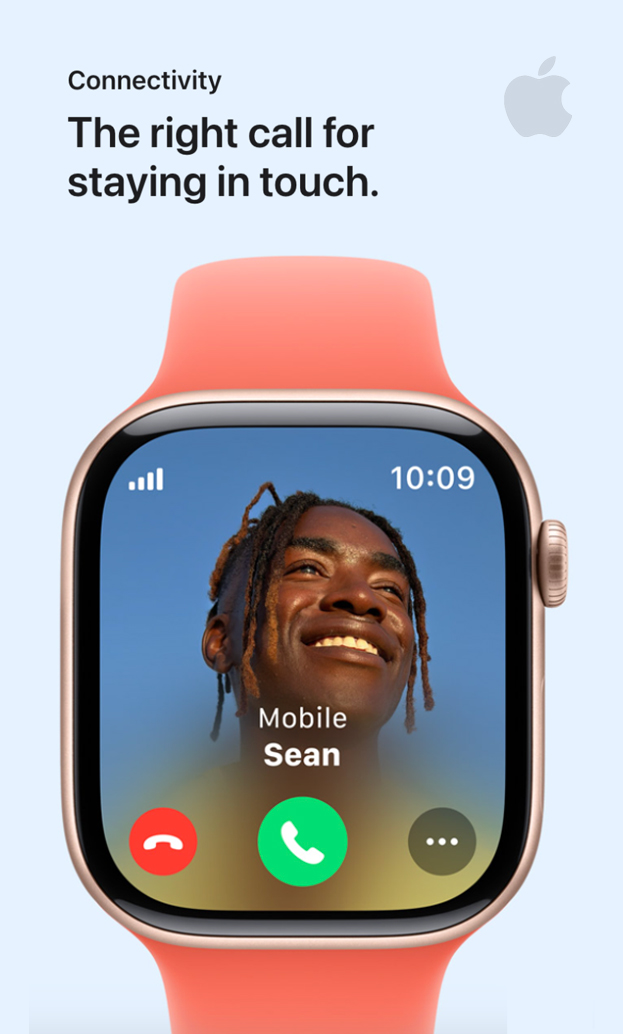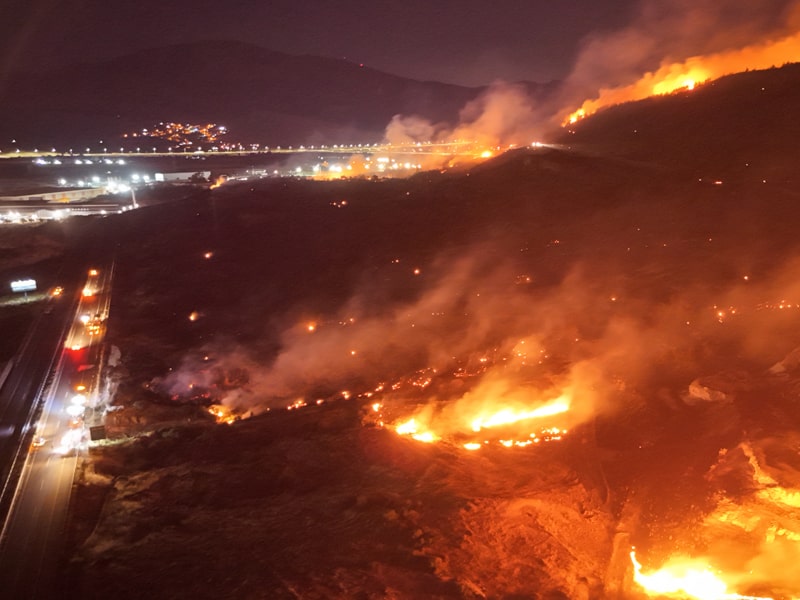Pope Leo XIV is set to deliver his first Mass in the Sistine Chapel, marking a historic moment as the first North American—and notably, Peruvian-American—pontiff in the history of the Catholic Church. The newly elected pope brings with him a voice unfamiliar in Vatican tradition: a Chicago accent.
The significance of this accent isn’t merely symbolic. According to Catholic commentator and biographer Austen Ivereigh, Pope Leo’s manner of speaking will resonate deeply with American Catholics, providing a sense of cultural familiarity and potentially changing how his leadership is received. “They can’t dismiss him in the way some tried to with Francis,” Ivereigh explained, referencing the linguistic and regional disconnect some had with the former Argentine pope.
Leo is the fourth most frequently chosen name among popes, but Leo XIV’s background sets him apart in more than just name. Though a U.S. citizen, he spent much of his life in Peru and was appointed bishop of Chiclayo in northern Peru by Pope Francis in 2014. During his first papal address, delivered in Italian, he paused midway to ask if he could speak briefly in Spanish—greeting the people of his former diocese with warmth and familiarity.
His dual identity has sparked joy in both the United States and Peru. In Lima, celebrations erupted upon news of his appointment. “For us Peruvians, it is a source of pride that this is a pope who represents our country,” said elementary school teacher Isabel Panez, standing outside the capital’s cathedral as bells rang in tribute.
Leo XIV’s election also reflects broader global shifts. Once seen as unlikely due to America’s geopolitical dominance, the selection of an American pope now signals changing power dynamics and a more globally inclusive Church.



